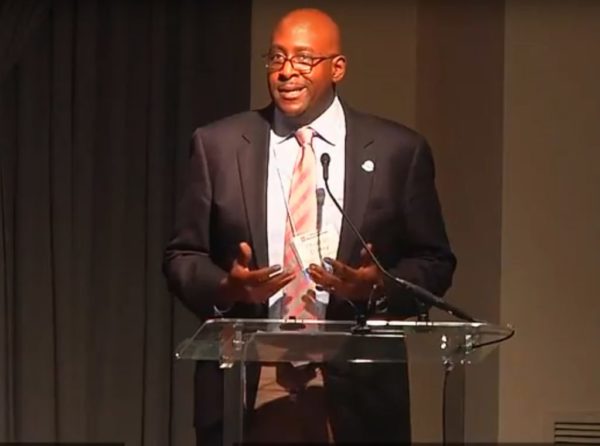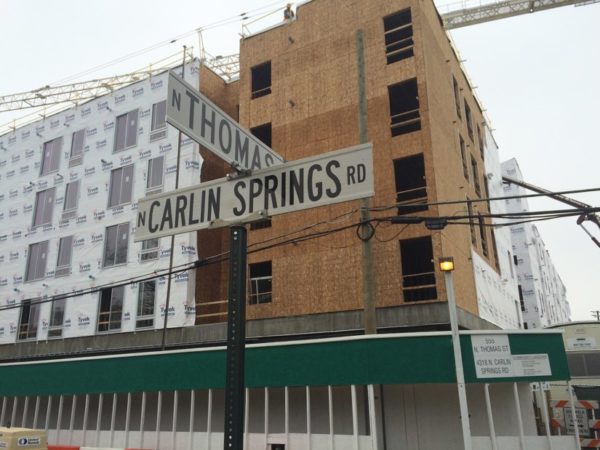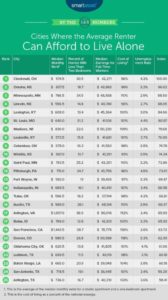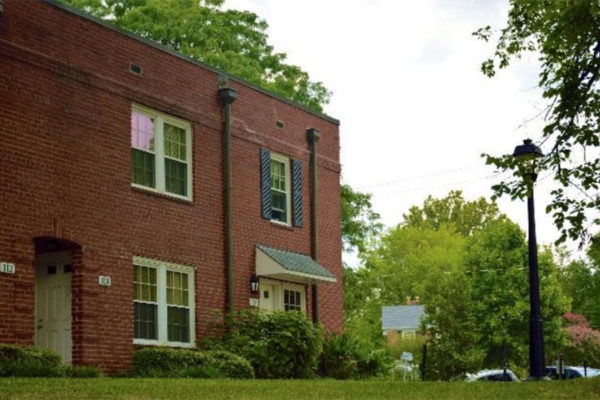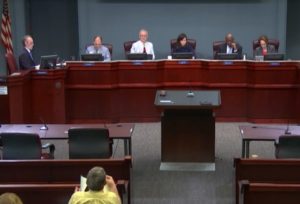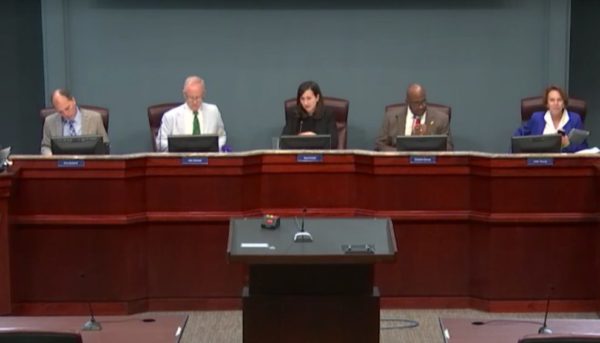
(Updated at 1 p.m.) Some changes are on the way for Arlington’s real estate tax relief program for seniors, though officials declined pursue the sort of sweeping overhaul favored by some in the community.
The County Board approved a series of tweaks to the program’s eligibility criteria Saturday (July 14), in a bid to better realize the county’s goal of helping older Arlingtonians stay in their homes even as values, and associated tax bills, creep upward.
Starting next year, the program will be open to homeowners age 65 or older and people with disabilities, with an annual income of up to $99,472 and household assets — excluding the home itself — up to $400,000, a slight increase from the old $340,000 limit. The county is also now letting people apply for an exemption from 75 percent of their tax bill, when the program previously only let homeowners try for an exemption from their full bill, half of it or a quarter of it.
“This is important not just for a compassionate community, but a community that works,” said Board Vice Chair Christian Dorsey.
To make up for some of this expansion in eligibility, the newly revised program stipulates that the top earners eligible to apply for tax relief — households making anywhere from $80,000 to $99,472 per year — can only apply for deferrals on their tax bills, not exemptions. Yet even that change frustrated some in the county, who would’ve preferred to see the Board move to a deferral-only system instead.
“I absolutely cannot understand why we want to help out the heirs in Spokane of people who are receiving an exemption,” Dave Schutz, a local activist and ARLnow comment section veteran, told the Board.
Caitlin Hutchison, an assistant director in the county’s Department of Human Services, said staff and a working group convened on the issue considered such a policy change, but ultimately decided against it. She noted that the city of Hampton moved to a deferral-only system, only to change course after many homeowners with reverse mortgages “almost immediately received notice that foreclosure proceedings would initiate” when tax bills came due.
“I have no interest in protecting inheritances,” said Board Chair Katie Cristol. “I am concerned that folks can stay in their home without a notification of eviction or having to leave the county.”
Hutchison also noted that the program broadly does not serve the wealthiest Arlingtonians — 76 percent of households who applied for the program last year had an annual income of $60,000 or less, and total assets of $100,000 or less. Since the tax relief changes were first proposed, the Board also added new limits on the eligibility of owners of properties valued at $1 million or more.
But Kathryn Scruggs, a longtime affordable housing advocate and member of the working group discussing the issue, argued that the program needs an even more substantial makeover to serve solely homeowners with “low incomes, low asset levels and lower than average home values.”
“There is no justification for increasing the asset limit, that just diverts resources from the people who need it most,” Scruggs said.
The revised program is indeed likely to cost the county an extra $154,000 in tax revenue each year. But Hutchison argued that the asset limit changes will help homeowners keep pace with rising home values, and stay in the county longer.
The tweaks will also help Arlington keep pace with its neighbors, Hutchison said, as both Alexandria and Loudoun County have higher asset limits for similar programs.
And as the county struggles to manage a surge in its student population, Dorsey argued that it can only be a good thing for Arlington to keep older residents in their homes for as long as possible.
“Typically when seniors leave their homes, they’re not replaced by seniors,” Dorsey said. “The more we concentrate our housing stock on families with children, the more it creates pressures in other areas.”





